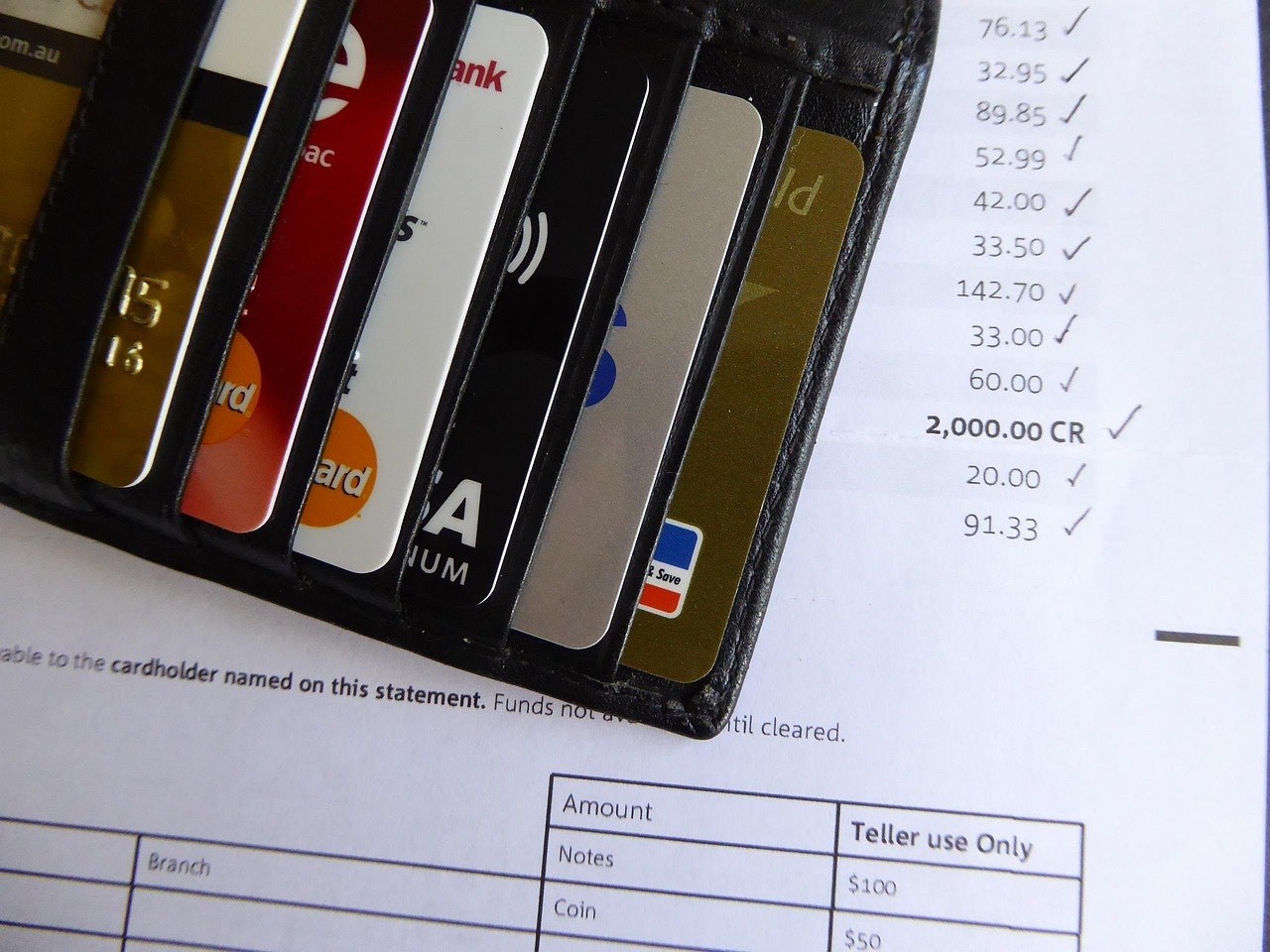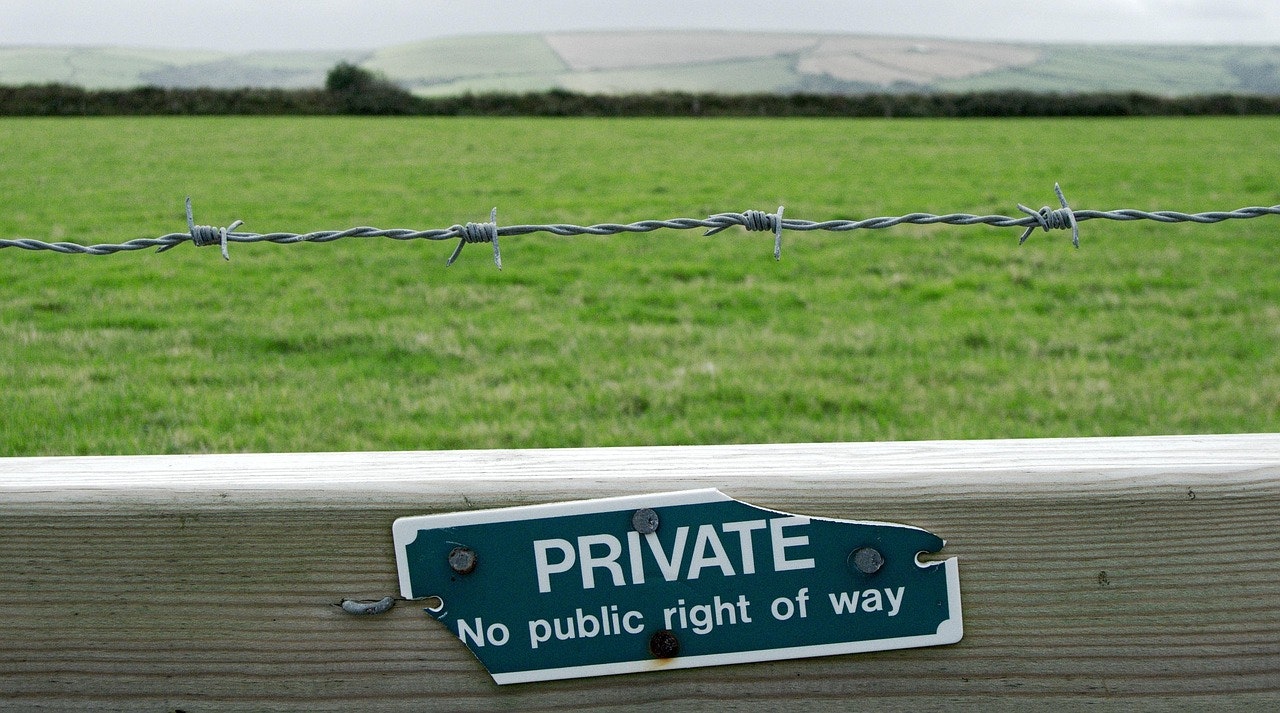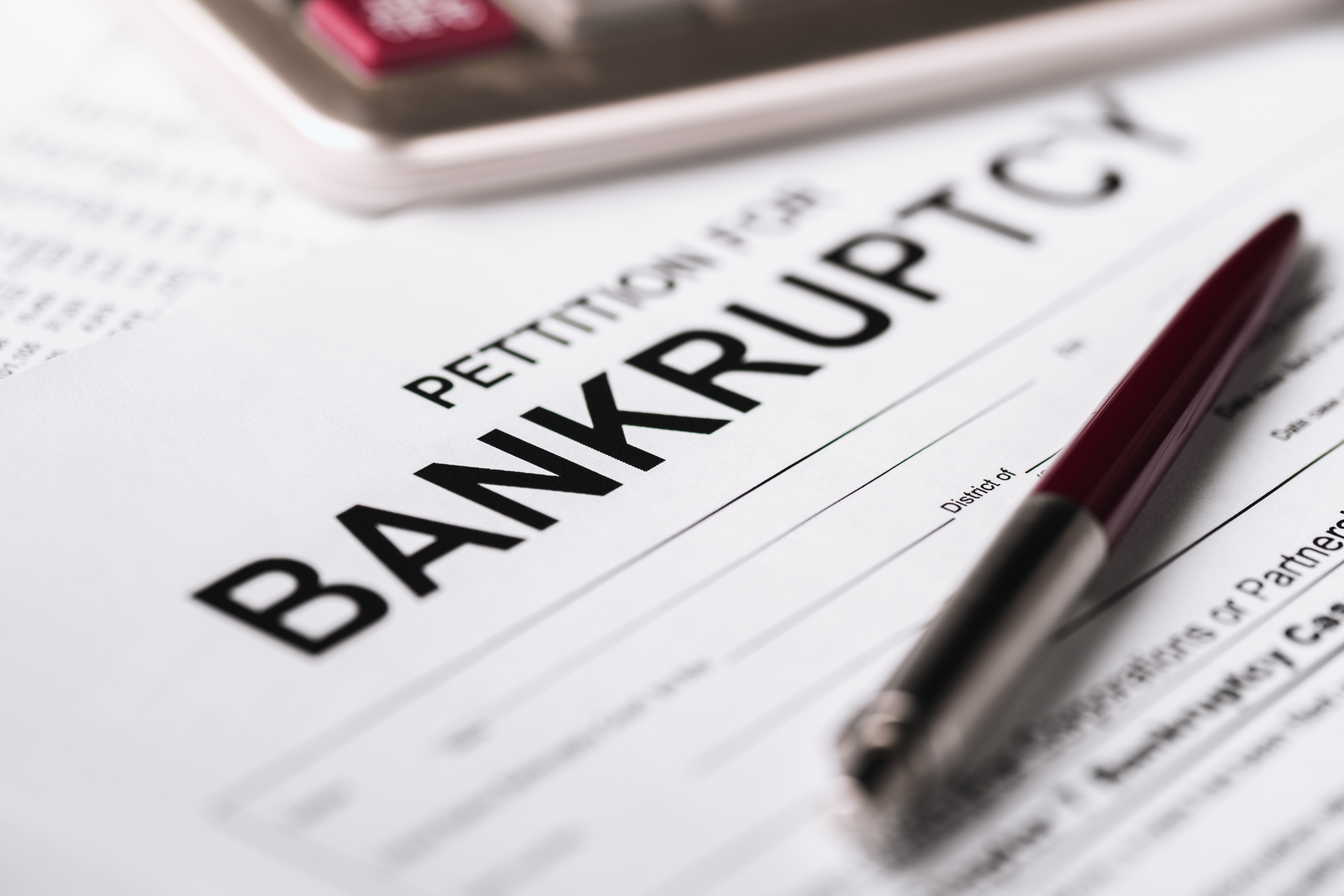Article
Beware of Bankruptcy Scams: Protecting Yourself from Fraudulent Creditors
Identifying Creditor Scams
When facing financial difficulties, the last thing anyone needs is to fall victim to a scam. Unfortunately, some creditors or those posing as creditors might take advantage of your situation. It's crucial to ensure that any debt you are contacted about is genuinely yours. Scammers often rely on fear tactics to intimidate you into paying debts you don’t actually owe.
Steps to Verify a Debt
If you receive a call or notice about a debt you’re unsure of, it’s essential to validate the claim before taking any action. Here's how you can do it: 1. **Request a Written Validation Notice:** Within five days of contacting you, a legitimate debt collector must send a written notice with the amount owed, the creditor's name, and a statement of your rights to dispute the debt. 2. **Dispute the Debt:** If you believe there is an error, you have 30 days to dispute the debt in writing. During this period, the debt collector must stop all collection efforts until they can provide verification, usually in the form of a copy of a bill or a letter from the original creditor. 3. **Check Your Records:** Go through your records to see if there is indeed a debt with that creditor. This is vital for identifying any discrepancies between what you owe and what you're being told.
Using Trusted Sources
To protect yourself further, use resources like the Federal Trade Commission's (FTC) list of banned debt collectors. The FTC maintains a comprehensive list, allowing you to verify the legitimacy of the parties contacting you about debts. For more detailed guidance and to access the list of banned debt collectors, visit https://www.ftc.gov/legal-library/browse/cases-proceedings/banned-debt-collectors/list.
Be Cautious and Informed
Being informed is your best defense against scams. Never provide personal or financial information until you are sure of the creditor's authenticity. If you’re facing threats or pressure from a collector, consider reaching out to a legal professional for advice. By staying vigilant and informed, you can protect yourself from scams during already challenging times.




























